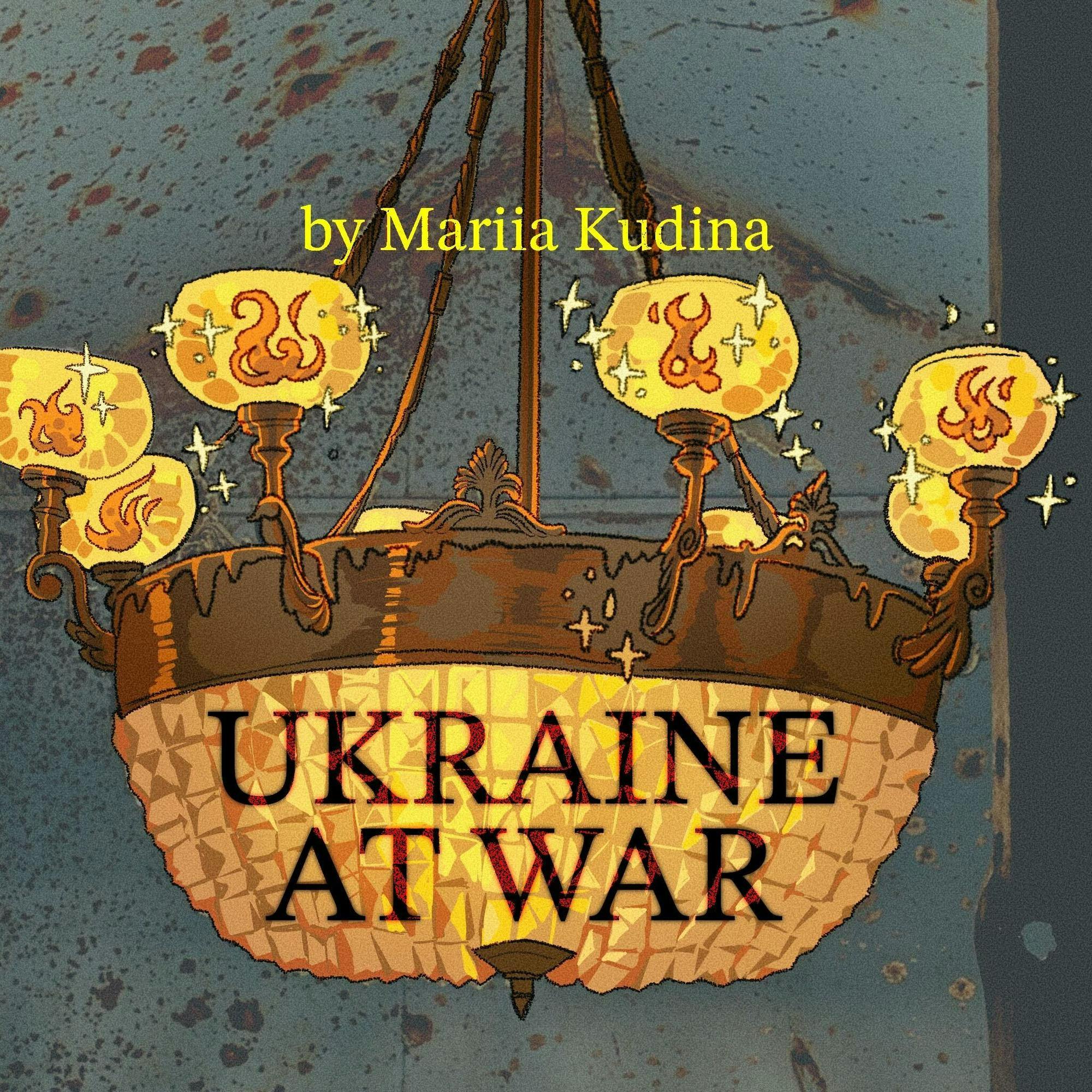Editor’s note: The conversation with Tymofiy Mylovanov was conducted in Ukrainian and was translated by the author. Some quotes were edited for length and clarity. Michael Onysko contributed to the translation.
The full-scale war between Russia and Ukraine has brought plenty of challenges for schools throughout the nation. In 2022, institutions had to rapidly switch to online classes, adjusting programs for temporary remote teaching while helping their now geographically scattered students navigate a dire new reality. At the same time, to prepare for a future return, these schools had to build shelters or equip already existing basements for hiding during missile and drone attacks.
The Ukrainian private university Kyiv School of Economics has successfully adapted to war-time Ukraine. This September, the president of the Kyiv School of Economics, Tymofiy Mylovanov, came to the United States to expand partnerships with American universities. I had a chance to interview him about the Kyiv School of Economics graduates who joined the army to defend Ukraine, the students’ efforts to support the Ukrainian Armed Forces and the university’s role in preserving the country’s economy.
The Kyiv School of Economics renewed classes for undergraduates, virtually, two weeks after the invasion; in about a month, graduate students were studying online as well. Also impressive, the university was among the capital’s first educational institutions to return to in-person classes. In fall 2022, Kyiv School of Economics students could attend the university physically as the school had built an underground shelter with classrooms and conference rooms.
Another success Kyiv School of Economics prides itself on is the support it provides for students willing to help their country. A portion of the student body — mainly graduate students — went to the frontline voluntarily right after the full-scale invasion. As Mylovanov shared, among those who joined the military were graduates of the Kyiv School of Economics short-term masters program for veterans who participated in the war since 2014. Some of these volunteers have already lost their lives. “That is painful,” said Mylovanov, “but we encourage our students to have hope for the future and try to be helpful in whatever way they can.”
The school is prepared for long-term power outages and other consequences of the bombings: there are generators, a water supply and even sleeping bags. “The biggest things that we give to people are hope and a sense of normalcy,” Mylovanov said. The university’s culture in the last three years has been centered around the idea of post-traumatic growth — the phenomenon of positive changes emerging as a result of going through a traumatic event such as war.
The KSE Charitable Foundation helps students organize events and fundraisers, specifically for the army and Ukrainian citizens suffering from Russian attacks, by hosting initiatives and promoting them via social media. In summer 2023, the students launched a fundraiser, “Donate To Evacuate,” with the goal of collecting $1 million to purchase medical helicopters that would rescue wounded soldiers from the battlefield. With the support of the Ukrainian Defense Development Charity Fund and the school’s own Kyiv School of Economics Charitable Foundation, they raised $2 million.
“To make a fundraiser successful, there has to be a purpose and transparent documentation,” said Mylovanov, highlighting that people who donate should be able to see how their money helps the cause.
Kyiv School of Economics also collaborates with the World Bank and international organizations like the United States Agency for International Development and the United Nations to assess the damage that the war has brought to the Ukrainian economy. No matter the program, students are welcome to join these efforts. “If a student comes to us and says that they want to help, we define the area in which their expertise would be useful and come up with a position. Generally, they just need to bring their CV and indicate a specific interest,” said Mylovanov.
Ukrainian students prove themselves to be strong and resilient. They continue pursuing education under the missile attacks and seek opportunities to bring Ukrainian victory closer.





